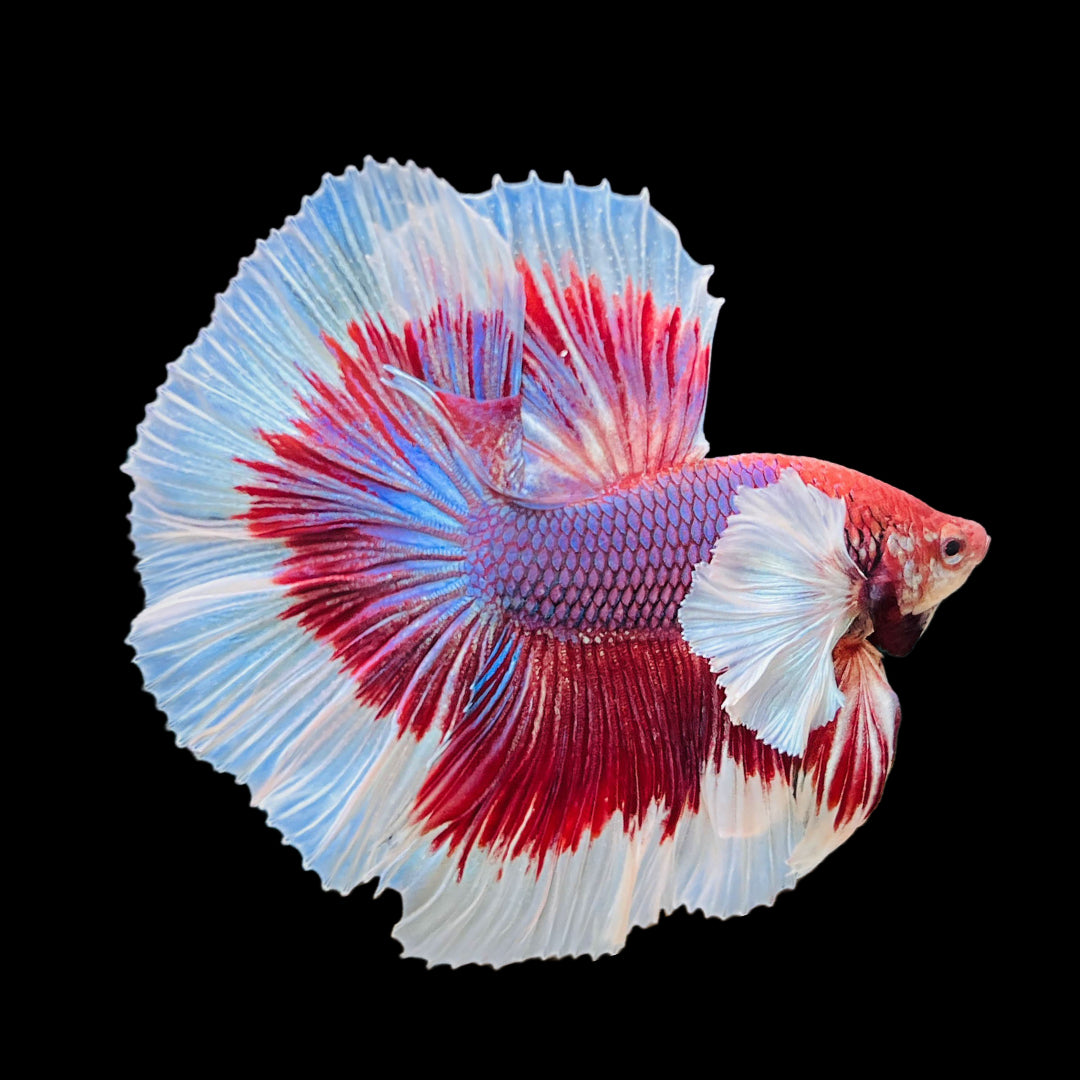Just How to Present Betta Fish to a Neighborhood Container Securely
All Regarding Betta Fish: Recognizing Their Special Requirements, Behavior, and the very best Practices for Optimal Care
Recognizing the one-of-a-kind demands and behaviors of Betta fish is crucial for any kind of aquarist looking to offer ideal treatment. betta fish. As we explore these components additionally, the effects for both novice and seasoned fish keepers end up being significantly apparent, elevating concerns concerning how ideal to fit these remarkable fish in our homes.
Betta Fish Introduction
Although usually appreciated for their lively shades and moving fins, Betta fish, scientifically recognized as Betta splendens, are complicated creatures that require particular care to grow. Stemming from Southeast Asia, these freshwater fish are recognized for their territorial nature and distinct actions. Betta fish exhibit sex-related dimorphism, with males presenting extra brilliant shades and longer fins than ladies.
Their aggressive propensities, particularly among males, demand cautious factor to consider when housing them. Bettas are typically kept in single-specimen tanks to avoid territorial conflicts. However, they can coexist in harmony with certain compatible species in bigger area tanks, provided the atmosphere meets their requirements.

To make sure optimal treatment, aquarists must understand their distinct behavior qualities, dietary requirements, and habitat needs. betta fish. With proper interest, Betta fish can show their vivid characters and grow in a well-kept aquarium setup
All-natural Habitat and Environment
Betta fish flourish in a varied variety of natural environments, mainly discovered in the superficial waters of Southeast Asia, consisting of rice paddies, swamps, and slow-moving streams. These settings are identified by cozy temperature levels, normally between 75 ° F and 82 ° F(24 ° C and 28 ° C ), and a pH degree ranging from 6.5 to 7.5, which is perfect for their health and health.
In their natural environments, Betta fish are accustomed to thick vegetation, offering both sanctuary and reproducing premises. The existence of plants such as drifting water lilies and thick grasses not just provides security from killers but likewise adds to the oxygenation of the water, which is vital for their respiratory demands. In addition, these environments usually have locations of still water, permitting Betta fish to show their all-natural actions such as bubble nesting.
Recognizing the all-natural environment of Betta fish is vital for aquarium fanatics. Reproducing these problems-- with water temperature, pH equilibrium, and the incorporation of online plants-- can dramatically enhance the total health and durability of these exciting fish, guaranteeing they thrive in a home aquarium setup.
Social Behavior and Communications
Comprehending the social actions and communications of Betta fish is vital for effective aquarium management. Betta fish, or Siamese fighting fish, are known for their distinct behavior qualities, identified mainly by territoriality and aggression.
Alternatively, women Bettas exhibit less hostile actions and can coexist in teams, referred to as sororities, if presented properly. However, it is important to check their interactions very closely, as hierarchy and dominance can cause problems. Recognizing the dynamics within a Betta neighborhood is vital; establishing concealing spots and making certain enough space can minimize aggression.
Additionally, Betta fish might additionally present curiosity and social actions towards other varieties. While they can exist together with specific non-aggressive storage tank companions, it is important to select suitable varieties to avoid anxiety and aggressiveness. Overall, acknowledging these social interactions is crucial to fostering a harmonious aquarium environment for Betta fish.
Important Treatment Guidelines
Supplying correct take care of Betta fish is important to their wellness and health. To make sure a growing setting, it is important to preserve the original source optimal water conditions. The water temperature ought to be maintained between 76 ° F and 82 ° F(24 ° C to 28 ° C), while pH degrees ought to range from 6.5 to 7.5. Regular water changes-- around 25% once a week-- help preserve water quality.
Betta fish require an ideal container size; a minimum of 5 gallons is suggested to his explanation supply sufficient space for swimming and hiding. Include decorations and plants to develop a revitalizing atmosphere, but stay clear of sharp items that can hurt their delicate fins.

Finally, make sure the tank is outfitted with a filter to keep the water tidy, however use a gentle filter to stay clear of solid currents that can worry the fish. By following these vital care guidelines, owners can advertise a healthy and lively Betta fish.
Common Health Issues and Solutions
In the care of Betta fish, awareness of usual health and wellness problems is necessary for preserving their wellness. To treat fin rot, improve water problems and consider using a broad-spectrum antibiotic.
Another common disorder is ich, a parasitical infection defined by white spots on the fish's body (betta fish). Treatment involves enhancing water temperature level and including aquarium salt to the tank, as this can aid remove the bloodsucker
Swim bladder disorder is also regularly observed, bring about buoyancy issues. This problem might occur from overfeeding or bowel irregularity. A fasting duration of 24-48 hours, complied with by a diet of blanched peas, can provide alleviation.
Last but not least, bettas might deal with velour condition, shown by a gold dust-like appearance on their skin. Treatment normally calls for medicine especially created for exterior parasites, along with enhanced container hygiene.
Regular tracking of water specifications, keeping a clean atmosphere, and offering a well balanced diet regimen are essential safety nets. By attending to these health issues quickly, Betta fish can lead healthier, more my sources vivid lives.
Conclusion
In recap, effective betta fish treatment needs an understanding of their one-of-a-kind demands and habits. Regular tracking of wellness and water high quality, along with a well balanced diet regimen, contributes to the long life and vibrancy of betta fish.